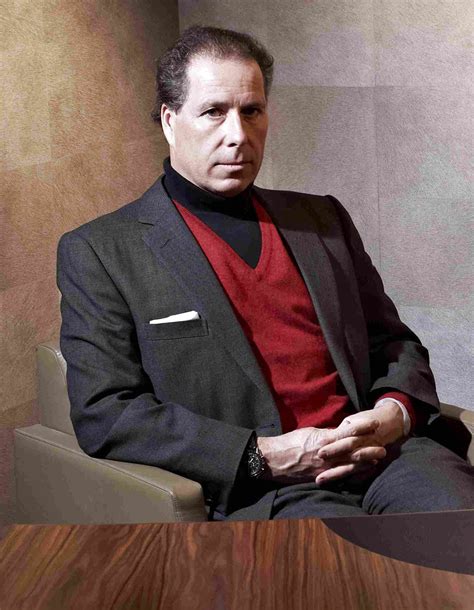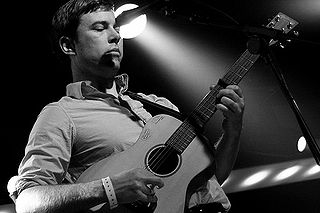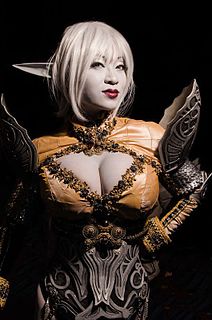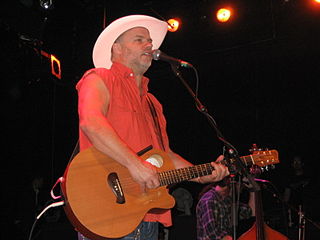A Quote by David Linley
There was a time when craft used to mean anything but the considered, stylish or academic. It was a term of derision. The 'craft fair' on the village green was to be avoided.
Related Quotes
Art is craft: all art is always and essentially a work of craft: but in the true work of art, before the craft and after it, is some essential durable core of being, which is what the craft works on, and shows, and sets free. The statue in the stone. How does the artist find that, see it, before it's visible? That is a real question.



































